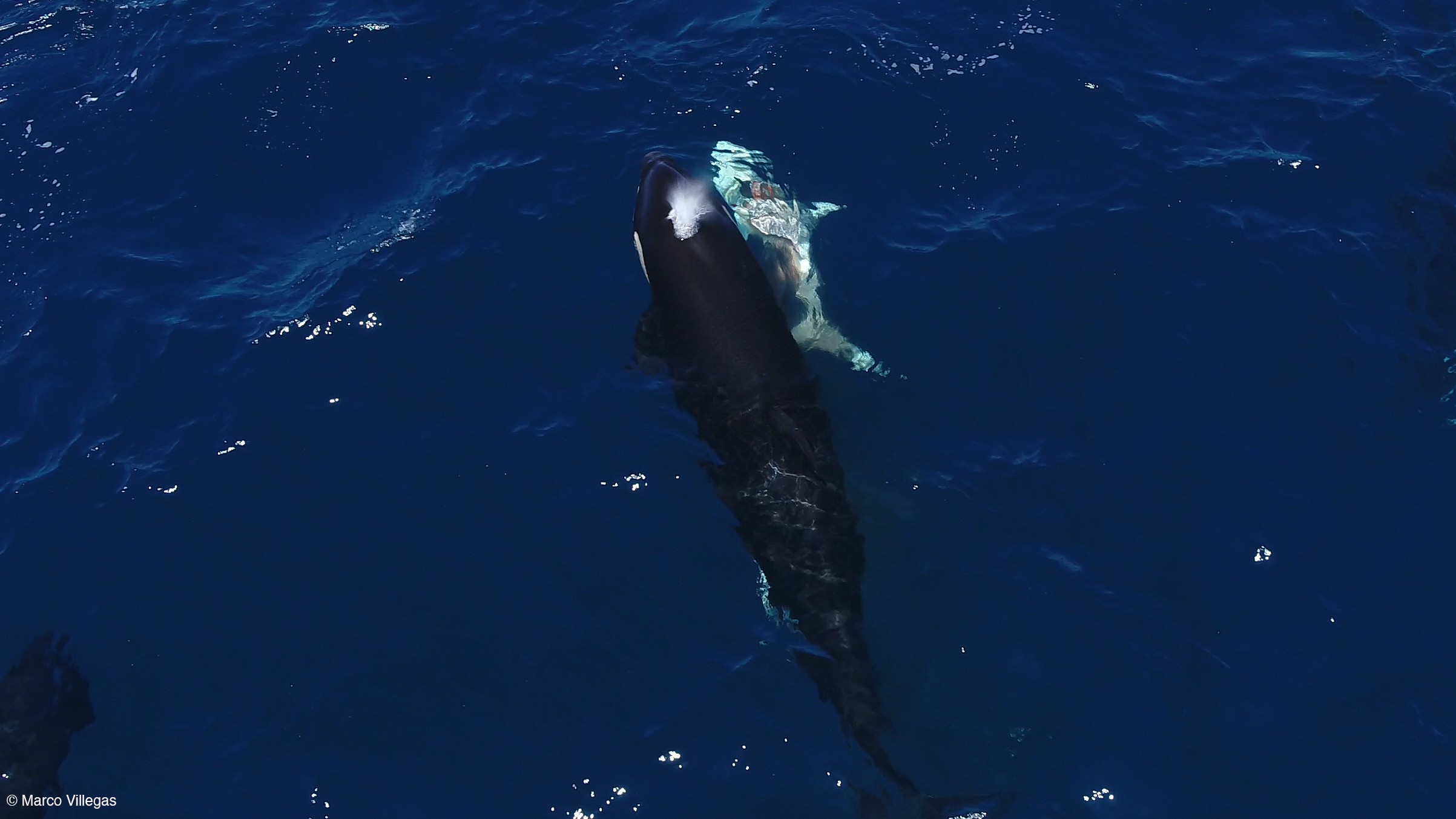Does gasoline go bad?
Crude oil lasts hundreds of millions of years underground, but is gasoline at risk of spoiling?
Has it been a while since you moved your car? Do you have leftover fuel in your garage for the lawn mower? If so, you may wonder, does gasoline go bad?
Unfortunately, "there's no hard and fast rule," said James Speight, an energy consultant and author of the "Handbook of Petroleum Refining" (Taylor & Francis, 2016) and other publications. "It's just …very difficult to generalize."
While gasoline can likely keep for months to years, environmental factors such as heat, oxygen and humidity influence the fuel's condition, Speight said.
Related: Why does hydrogen peroxide fizz on cuts?
But if crude oil lasts hundreds of millions of years underground, why is gasoline even at risk of spoiling? Simply put, by the time gasoline reaches consumers, it is a very different substance from the original crude oil.
Gasoline is mostly a mixture of carbon and hydrogen atoms bonded together, forming a variety of energy-rich compounds called hydrocarbons. During the petroleum refining process, engineers remove impurities such as sulfur, which can form sulfur dioxide and cause acid rain. Then, substances are added to improve the gasoline's performance and achieve the desired octane number, according to the U.S. Environmental Protection Agency. Octane numbers represent how much compression the gasoline can handle. The higher number, the less likely it is to ignite from the pressure.
With the final, carefully calibrated product, the gasoline is composed of hundreds of different compounds — too many to even identify and characterize, Speight said.
Get the world’s most fascinating discoveries delivered straight to your inbox.
However, this care in balancing the gasoline goes to waste if the gasoline is stored for too long, said Richard Stanley, a former chemical engineer for Fluor Corporation, an engineering firm headquartered in Irving, Texas, and Ascent Engineering, based in Houston.
"If you leave gasoline by itself, over time ... it just doesn't perform the way you think it's going to perform,” Stanley said.
This is because, over time, "[t]he lighter hydrocarbons start evaporating out of gasoline," Stanley told Live Science. And your car engine may not be designed to handle the resultant gasoline, if left too long.
Additionally, the careful blends that are used to produce gasoline don't look the same throughout the year, according to experts. In the winter, companies produce a gasoline containing lighter hydrocarbons, making the liquid more volatile and therefore easier to ignite.
During the colder months, this blend makes it easier to start your car, Speight said. But in the summertime, the blend loses enough of the lighter hydrocarbons, leaving you with a different gas rating, according to Stanley. Summer gasoline contains heavier hydrocarbons to prevent excessive evaporation from the heat. This makes summer-blend gasoline difficult to ignite in the winter, Stanley said.
Aside from evaporation, "[gasoline] is like wine — once you take it out of the bottle, it starts going bad. It starts oxidizing away," Stanley said.
As some of the hydrocarbons in the gasoline evaporate, other hydrocarbons react with the oxygen in the air, Speight said. The gasoline then begins to form solids called gum.
Related: The 10 most polluted places on Earth
"[O]nce [the bad gasoline] gets into the pipeline, that gum may separate out ... and maybe [it will] not block the gas line fully, but maybe [it will] start to block it," Speight said.
"You can almost say that gumming of the gas lines is like atherosclerosis," he added, which is a disease in which cholesterol plaques build up in arteries.
In short, you want to store your gasoline in cool, low-oxygen environments, Speight said.
Additionally, one of the other main ingredients in gasoline in the United States is ethanol. In fact, most of the gasoline sold in the United States is made up of 10 percent ethanol, or a blend called E10, according to the U.S. Energy Information Administration. In the Midwest, the heartland of ethanol production, the blend can go as high as E85, or 85 percent ethanol.
However, unlike hydrocarbons, ethanol is hydrophilic, meaning it bonds to water.
"If there’s ethanol in your gasoline, it could start sucking in water vapor from the air and putting it into your gasoline," Stanley said. "You don't want water in your engine, because it starts corroding the system."
All in all, while the experts agree there are too many variables to determine exactly when gasoline goes bad, they all urge caution with handling and storing gasoline.
"Remember, gasoline is very, very volatile," Speight said. "It's not worth trying to store large amounts. It can just result in trouble.
"Anything that makes the gasoline a little more volatile than it normally is affects the gasoline," he added. This includes temperature, humidity or, as Speight joked, "on a hot day ... looking at the stuff the wrong way."
Originally published on Live Science.

